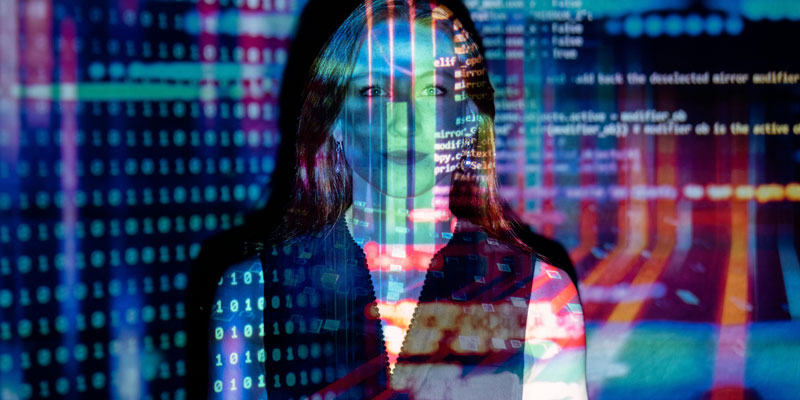
Deepfakes as forensic evidence
The last few years have seen rapid increases in the performance and availability of AI-based systems capable of creating deepfake voices, through voice cloning; creating new speech from a known voice, and voice conversion; making a voice sound like someone else.
Such technology potentially poses an existential threat within the criminal justice system, with criminals using deepfake voices to commit crimes such as fraud. As awareness grows, deepfakes also provide an increasingly plausible defence in cases involving voice evidence.
Despite this, there is currently no established methodology for forensic speech and audio analysts to employ when asked to examine voice recordings for the possibility that they are deepfakes.
The aim of this project is to help develop a methodology for assessing deepfake voices based on established linguistic and phonetic variables commonly utilised in forensic voice comparison casework. As the first step, in this project, we will provide a trained forensic analyst with real and deepfake voices (where the ground truth is known) and start to develop subsets of linguistic and phonetic variables which may have value in forensic casework.
Project team
- Dr Vincent Hughes, Department of Language and Linguistic Science
- Dr Amelia Gully, Department of Language and Linguistic Science
- Dr Ben Gibb-Reid, Department of Language and Linguistic Science
- Dr Jessica Wormald, Forensic Speech Services
- Anna Bartle, Metropolitan Police
